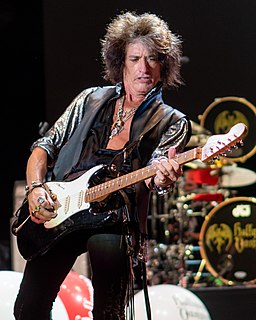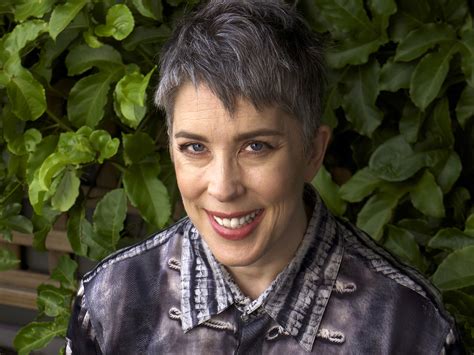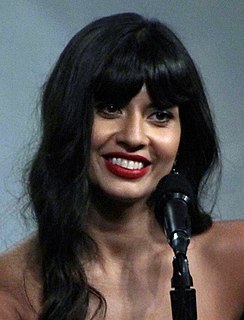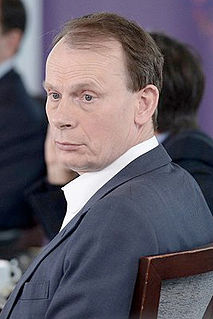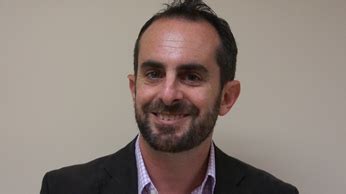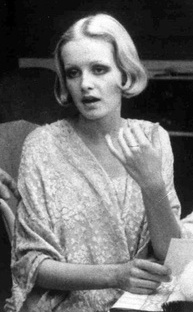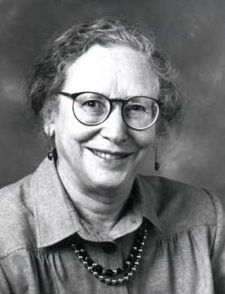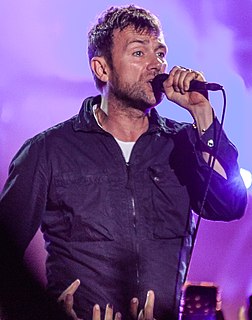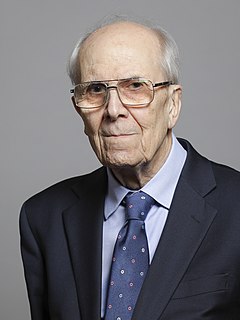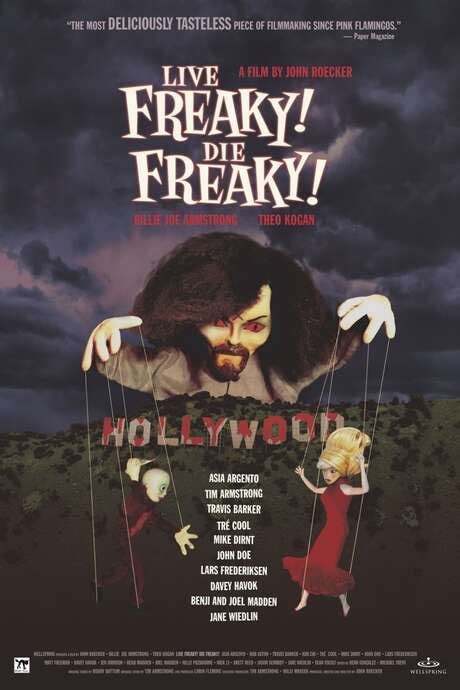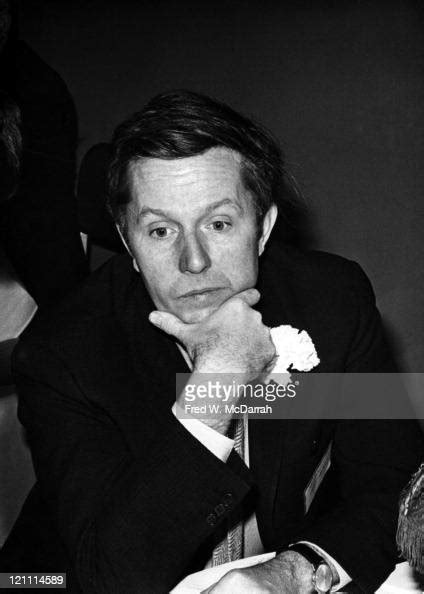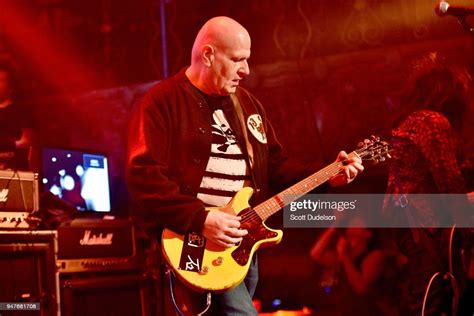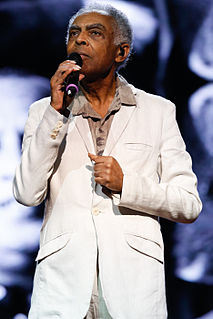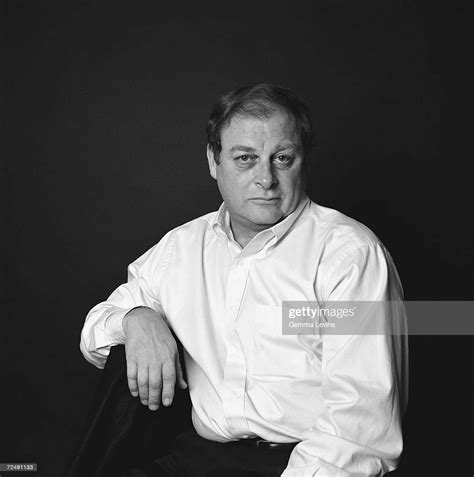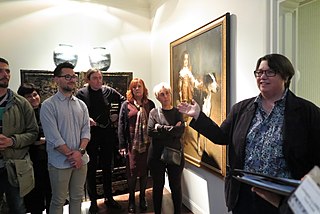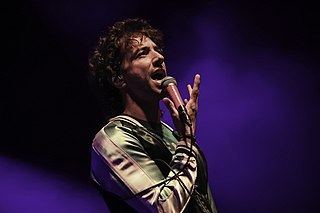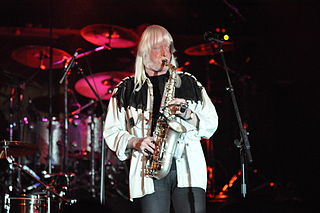Top 389 Sixties Quotes & Sayings - Page 6
Explore popular Sixties quotes.
Last updated on December 22, 2024.
I love taking on challenges. I think one of the funnest things in acting is creating a character - wrapping yourself around a character and bringing him to life. I love a lot of different genres. I'm not a big horror guy by any means but I love the challenge. But the fifties and sixties is where I feel the most comfortable.
I was wowed by Margo Jefferson's memoir, Negroland, which is about growing up black and privileged in Chicago in the fifties and sixties. It was a window into an alien world. Obviously, I'm not black, but what was really alien to me was her family's focus on respectability. I was never taught when to wear white gloves, what length skirt is appropriate.
I started to read James Baldwin very early on in my life. At a time, as a young adult in the Sixties, when there were not that many authors in whom I could recognize myself, he was an important guide and mentor to me, as he was to many others. He helped me understand who I was and decipher the world around me.
I've got quite an old-fashioned figure. Back in the Sixties, girls had boobs, a tummy and wide hips, and bigger thighs as well. I think that's sexy - to me, that's what a woman looks like. I've got love handles - sometimes they're passion handles! I'm built for comfort, not for speed, and I like that about myself.
The great background question about the Labour governments of the sixties is whether with a stronger leader they could have gripped the country's big problems and dealt with them. How did it happen that a cabinet of such brilliant, such clever and self-confident people achieved so little? In part, it was the effect of the whirling court politics demonstrated by 'In Place of Strife'.
Did you come of age in those sweet summers of the early nineteen-sixties, when the airwaves were full of rock and roll's doo-wop promise of joy and the nation was full of J.F.K.'s eloquent promise of a New Frontier? I did. Life seemed to be laid out before us like a banquet; everything was for the taking, especially hearts.
My dad is Chinese, and my mom is a white American, and they married only ten years after the United States Supreme Court ruled that it was illegal to ban mixed marriages. Imagine that. Marriages between people of different races - now common and accepted - were illegal in many states up until the late Sixties.
The people who invented the twenty-first century were pot-smoking, sandal-wearing hippies from the West Coast like Steve, because they saw differently,” he said. "The hierarchical systems of the East Coast, England, Germany, and Japan do not encourage this different thinking. The sixties produced an anarchic mind-set that is great for imagining a world not yet in existence.
It is a lesson of the sixties: liberals get in the biggest political trouble - whether instituting open housing, civilian compliant review boards, or sex education programs - when they presume that a reform is an inevitable comcomitant of progress. It is then they are most likely to establish their reforms by top-down bureaucratic means. A blindsiding backlash often ensues.
My first synthesizer was the VCS3. I got it in Bristol in the late Sixties, long before Pink Floyd used them. I had to sell an acoustic guitar and an old reel-to-reel tape recorder to raise the money. You can do fantastic things with modern computers, but you cannot use them in the same intuitive, spontaneous way you can a VCS3.
I don't know if Britain ever really achieved that much glamour. We had post-war austerity rather than post-war prosperity, and our cultural products of the time include some pretty dour kitchen-sink dramas of the A Kind of Loving variety. (This kind of film seems disillusioned with the sixties before they've even really begun.)
In many ways, everything about my upbringing decreed that I wouldn't write a memoir because in the world where I grew up, in Chicago in the Fifties and Sixties, one key way of protesting ourselves - 'we' meaning black people - against racism, against its stereotypes and its insults, was to curate and narrate very carefully the story of the people.
The rare, delicate flavor of a life after retiring in one's sixties, whatever one has "retired" from, the pleasure I experienced beyond my job at Columbia, is a gift of life in the last decades. but it is not easily learned. . . . But sometimes, the only way to live is to get out, or at least seriously to contemplate getting out, doing the impossible,flinging the conventional tea.
If you're going to do a memoir, then it's sort of at this age - in your late sixties or seventies - that you do it. I don't understand people who do memoirs when they're 20. I think most people need a little more time than 20 years to become the person they are. In fact, that process of becoming who you are is still ongoing when you get older, where you go, "Let's see where my next 10 years is going to take me." S
Originally, I was against gay marriage because I was opposed to all marriage, being an old-fashioned gay bohemian. The straight people I knew in the sixties were very much opposed to it. I was, too, and it was never a possibility for gays, but when I saw how opposed the Religious Right was to it, I thought it a fight worth fighting.
I realized how for all of us who came of age in the late sixties and early seventies the war was a defining experience. You went o r you didn't, but the fact of it and the decisions it forced us to make marked us for the rest of our lives, just as the depression and World War II had marked my parents.
The attack on youth is a national pathology, unwarranted by fact, smokescreen for the failure of adulthood and its leadership to confront larger predicaments. No rescue by the monied, governing, institutional, or otherwise privileged is in sight. It's up to the energy and inventiveness of the younger generation to pull the gated minds of millennium America toward acceptance of diversity, community, and fairness, and I hope they have as much fun as I did in my adolescences achieving what we Sixties kids only imagined.
The only thing that shocks me is public interest in people who shouldn't be interesting at all, like Jade Goody. We've gone past Andy Warhol and all those clever, arty and witty things that were done and said in the sixties...the fifteen minutes, and so on. Now your celebrities don't have to do anything, they're just voted in. And that shocks me.
Like the Arthurian years at Camelot, the Sixties constituted a breakthrough, a fleeting moment of glory, a time when a significant little chunk of humanity briefly realised its moral potential and flirted with its neurological destiny, a collective spiritual awakening that flared brilliantly until the barbaric and mediocre impulses of the species drew tight once more the curtains of darkness.
I thought that I had found something new. But then I convinced myself that the Abbot Gregor Mendel in Brünn, had, during the sixties, not only obtained the same result through extensive experiments with peas, which lasted for many years, as did de Vries and I, but had also given exactly the same explanation, as far as that was possible in 1866.
The cultural wars of the sixties are over. I've reconciled with those who were my critics and opponents years ago. I was at odds with some those who were Black nationalists. Yet when feminists attempted to end my career and leave me as literary road kill, it was the Black nationalists who came to my rescue.
I don't think anyone has ever been in a better place at a better time than I was when I was editor of Vogue. Vogue always did stand for people's lives. I mean, a new dress doesn't get you anywhere; it's the life you're living in the dress, and the sort of life you had lived before, and what you will do in it later. Like all great times, the sixties were about personalities.
Beginning in the sixties, but getting strong during the seventies and eighties, everybody was sort of Miles Davis and Chick Corea and the jazz guys on the west coast and east coast in America, and then in Switzerland and lots of groups in England and elsewhere, like here in Brazil. We were all under a heavy influence of technological gadgets and changes that we used as elements to produce and create music.
My mother was okay with me not playing it safe. She made an agreement with my father that I was going to be raised differently than my brother and sister were. My parents went through the whole sixties rebellion with my brother and sister. But I didn't feel like I had to rebel because I didn't have anyone telling me I couldn't do something. I never went into that parents-as-enemies stage.
[The strike in 1968] brought us together with teachers and also with progressive whites. All of us came from diverse backgrounds, but at the same time the reasons why we were at San Francisco State in the late sixties was because of the agitation and movement building that had occurred within our communities. We saw ourselves not separate from the community but intimately connected to it.
Stonehenge had an aura but it was also just stone. Then in the sixties, it became a great hedonistic, hippie, druid, rock-n-roll party site. There are amazing pictures of people up on the stones going wild and that's the image I recreated for my model of the project: full access to everyone. I even invented a Stonehenge soccer team that uses spaces between the stones as goals.
As a young man just beginning to publish some short fiction in the t&a magazines, I was fairly optimistic about my chances of getting published; I knew that I had some game, as the basketball players say these days, and I also felt that time was on my side; sooner or later the best-selling writers of the sixties and seventies would either die or go senile, making room for newcomers like me.
[My muse] likes to inhabit tea leaves, sunlight filtered through bamboo, melancholy clouds over the Devon coastline, a weedy railroad crossing in the Southern States, bubblegum pop from the sixties, torch songs from the forties, undersea caves where B-movie octopi grapple with men in loincloths, sacred groves of pink anime dryads, Victorian fairy paintings executed by gentlemen in lunatic asylums and so on.
The Sixties are most generously described as a time when people took part - when they stepped out of themselves and acted in public, as people who didn't know what would happen next, but who were sure that acts of true risk and fear would produce something different from what they had been raised to take for granted.
...Baltimore. It's imperfect. Boy, is it imperfect. And there are parts of its past that make you wince. It's not all marble steps and waitresses calling you 'hon,' you know. Racial strife in the sixties, the riots during the Civil War. F. Scott Fitzgerald said it was civilized and gay, rotted and polite. The terms are slightly anachronistic now, but I think he was essentially right.
I grew up in Columbia, Maryland, a planned community built during the sixties. During the early years, it was very integrated. I grew up being taught by black teachers with black principals and vice principals and, you know, a lot of black friends. We played in mixed groups, and I kind of thought that was how it was.
We went 60 years or more with no immigration, folks. It can be done. The only reason that it started up again, Ted Kennedy started bellyaching about it in the mid-sixties, and then that led to Simpson-Mazzoli 20 years later, 1986, amnesty for about 3.9 million, and we were told that would be it, never again, and of course now we're where we are.
I was a tomboy running around in the garden. I used to play on a local cricket team. I grew up with all boy cousins, for the most part, and my brother. My mother was in the kind of late-sixties, early-seventies origins of female emancipation. And she was very much like, "You're not going to be defined by how you look. It's going to be about who you are and what you do."
The university has become so stultified since the sixties. There is so much you can't do at the university. You can't say this, you can't do that, you can't think this, and so forth. In many ways, I'm free to range as widely as I do intellectually precisely because I'm not at a university. The tiresome Chicanos would be after me all the time. You know: "We saw your piece yesterday, and we didn't like what you said," or, "You didn't sound happy enough," or, "You didn't sound proud enough."
I think The Doors are one of the classic groups, and I think we're all tempted to feel like the time in which we grew up was somehow special, but I really do believe that there were two golden eras in music: The Forties and Fifties of big band, jazz and swing, and the Sixties and Seventies of rock. To me, they're really unparalleled.
The writing of the Beatles, or John and Paul's contribution to the Beatles in the late sixties - had a kind of depth to it, a more mature, more intellectual approach. We were different people, we were older. We knew each other in all kinds of different ways than when we wrote together as teenagers and in our older twenties.
I was a guitar player in a band that had two keyboard players, sometimes two other guitarists, a bass player, and a drummer, four or five singers, and percussion. We did a two-and-a-half hour show where the music spanned from the early Sixties to the present. Whereas the David Lee Roth thing was like, Now. Very big and intense.
